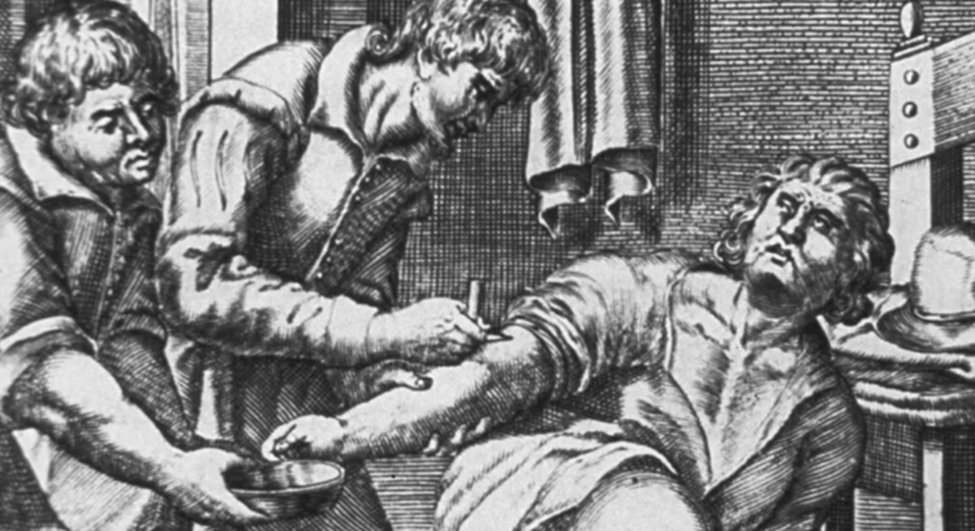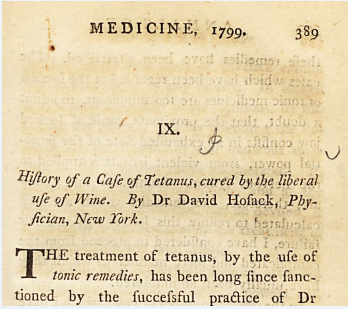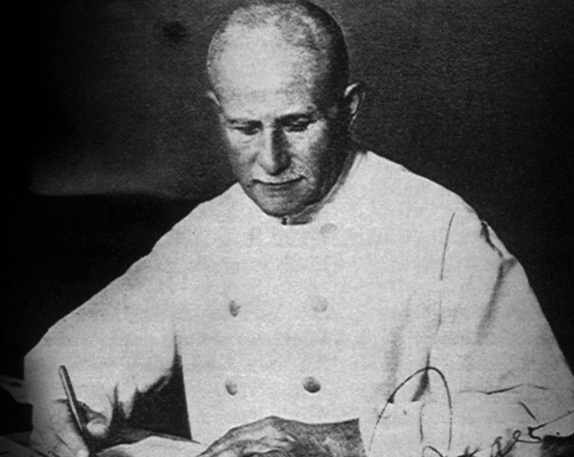
Here’s a good story about the placebo effect – on physicians:
If you had a stroke in 1810, it would have been diagnosed clinically, without MRI. Your doctors knew that if you died, your brain held either fluid (edema, ischemic stroke) or blood (hemorrhagic stroke). 1/
If you had a stroke in 1810, it would have been diagnosed clinically, without MRI. Your doctors knew that if you died, your brain held either fluid (edema, ischemic stroke) or blood (hemorrhagic stroke). 1/

So obviously the problem was that there was too much fluid in your body.
Solution? Reduce fluid, by blood-letting. This was the solution to a lot of things (one of these days I'll do a #histmed #tweetorial on Benjamin Rush).
And many people got better. 2/
Solution? Reduce fluid, by blood-letting. This was the solution to a lot of things (one of these days I'll do a #histmed #tweetorial on Benjamin Rush).
And many people got better. 2/

People got better because when you have a small stroke, inflammation and edema make symptoms worse initially, and then, over time, symptoms improve.
If they didn't get better? Easy - you didn't bleed them enough. 3/
If they didn't get better? Easy - you didn't bleed them enough. 3/

You can see how, for physicians at the time, blood-letting made perfect sense. You understood the pathophysiology of stroke - too much fluid - and you watched patients improve.
But, of course, it was entirely wrong. 4/
But, of course, it was entirely wrong. 4/

You need clinical trials to truly determine whether something works. Which brings us to Austin Bradford-Hill.
In 1936, MH (Pamela) Kettle, Lancet associate editor, asked him to write a series of articles on statistics in clinical trials. 5/
ncbi.nlm.nih.gov/pmc/articles/P…
In 1936, MH (Pamela) Kettle, Lancet associate editor, asked him to write a series of articles on statistics in clinical trials. 5/
ncbi.nlm.nih.gov/pmc/articles/P…

So Bradford Hill was chosen to lead an important study. In the 1940s, the antibiotic streptomycin was found to kill tuberculosis bacteria in test tubes and (literal) guinea pigs. It was expensive - so the government wanted to know that it worked before giving it to patients. 6/ 

Bradford Hill created a trial of streptomycin versus current therapy (which was... nothing (bed rest)).
He randomized patients and controlled for confounders - the first randomized controlled trial.
This study ushered in a new era of clinical trials. 7/8
He randomized patients and controlled for confounders - the first randomized controlled trial.
This study ushered in a new era of clinical trials. 7/8

Bradford Hill's study wasn't blinded OR placebo controlled - but it brought in discussions of biases in the way trials were done at the time, and led to the development of current guidelines. 8/9
ncbi.nlm.nih.gov/pmc/articles/P…
ncbi.nlm.nih.gov/pmc/articles/P…
• • •
Missing some Tweet in this thread? You can try to
force a refresh











